-
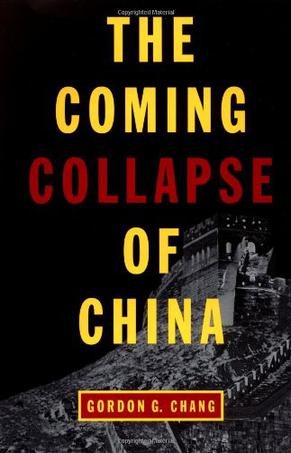
The Coming Collapse of China
-
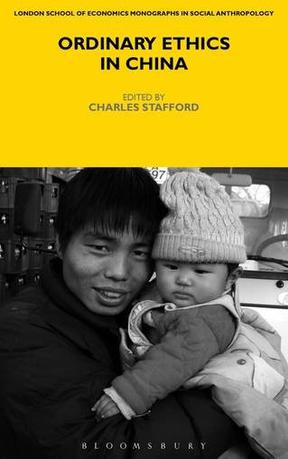
Ordinary Ethics in China
Drawing on a wide range of anthropological case studies, this book focuses on ordinary ethics in contemporary China. The book examines the kinds of moral and ethical issues that emerge (sometimes almost unnoticed) in the flow of everyday life in Chinese communities. How are schoolchildren judged to be good or bad by their teachers and their peers - and how should a 'bad' student be dealt with? What exactly do children owe their parents, and how should this debt be repaid? Is it morally acceptable to be jealous if one's neighbours suddenly become rich? Should the wrongs of the past be forgotten, e.g. in the interests of communal harmony, or should they be dealt with now? In the case of China, such questions have obviously been shaped by the historical contexts against which they have been posed, and by the weight of various Chinese traditions. But this book approaches them on a human scale. More specifically, it approaches them from an anthropological perspective, based on participation in the flow of everyday life during ethnographic fieldwork in Chinese communities. -
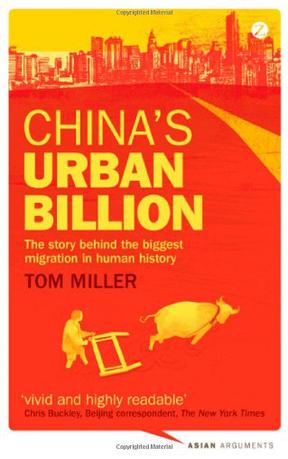
China's Urban Billion
By 2030, China's cities will be home to 1 billion people - one in every eight people on earth. What kind of lives will China's urban billion lead? And what will China's cities be like? Over the past thirty years, China's urban population expanded by 500 million people, and is on track to swell by a further 300 million by 2030. Hundreds of millions of these new urban residents are rural migrants, who lead second-class lives without access to urban benefits. Even those lucky citizens who live in modern tower blocks must put up with clogged roads, polluted skies and cityscapes of unremitting ugliness. The rapid expansion of urban China is astonishing, but new policies are urgently needed to create healthier cities. Combining on-the-ground reportage and up-to-date research, this pivotal book explains why China has failed to reap many of the economic and social benefits of urbanization, and suggests how these problems can be resolved. If its leaders get urbanization right, China will surpass the United States and cement its position as the world's largest economy. But if they get it wrong, China could spend the next twenty years languishing in middle-income torpor, its cities pockmarked by giant slums. -

China Shakes the World
"Let China sleep, for when she wakes, she will shake the world." Napoleon's words seem eerily prescient today, as the shock waves from China's awakening reverberate across the globe. In China Shakes the World, the former China bureau chief of the Financial Times, James Kynge, traces these tremors from Beijing to Europe to the Midwest as China's ravenous hunger for jobs, raw materials, energy, and food -- and its export of goods, workers, and investments -- drastically reshape world trade and politics. Delving beyond mere recitation of by-now-familiar statistics, Kynge's on-the-ground reporting provides alternative explanations for China's explosive transformation, revealing many of the usual reasons given for its growth to be myths. Most important for the future, he details China's deep, systemic weaknesses -- rampant fraud, crippling environmental crises, a corrupt banking system, faltering government institutions, a rapidly aging population -- that threaten even greater global disruptions. And he demonstrates the profound consequences of those weaknesses for American manufacturers, oil companies, banks, and ordinary consumers. Through dramatic stories of entrepreneurs and visionaries, factory workers and store clerks at the heart of this global phenomenon, China Shakes the World explains how China's breakneck rise occurred, the extraordinary problems the country now faces, and the consequences of both for the twenty-first century. -
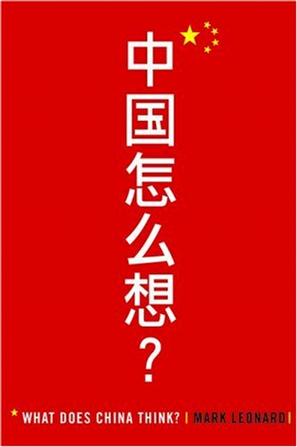
What Does China Think?
Tucson Citizen, August 21, 2008 “[Leonard’s] excellent new book is essential reading for anyone interested in the changing global landscape of the next century.” -
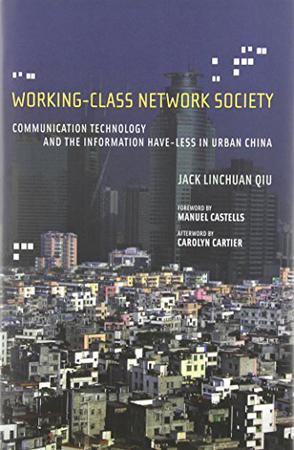
Working-Class Network Society
"Contrary to many Information Age pundits and prognosticators, the working class continues to exist; indeed, in contemporary China, it is being reinvented on a gigantic scale and in a new historical form. ICTs, as Jack Linchuan Qiu shows, constitute a vital and fascinating component of this crucial process. Those who assert that class realities have nothing to do with cellphones and Internet services—and vice versa—will have to think again." —Dan Schiller, Graduate School of Library and Information Science, University of Illinois Champaign-Urbana "Jack Linchuan Qiu has written the most insightful, empirically grounded account to date of the social role that the Internet and related information and communication technologies have played in the course of China's rapid economic development. Anyone with an interest in the social and economic implications of the Internet in developing economies—whose citizens make up half of today's Internet users—should read this book." —William H. Dutton, Director, Oxford Internet Institute, University of Oxford Product Description The idea of the "digital divide," the great social division between information haves and have-nots, has dominated policy debates and scholarly analysis since the 1990s. In Working-Class Network Society, Jack Linchuan Qiu describes a more complex social and technological reality in a newly mobile, urbanizing China. Qiu argues that as inexpensive Internet and mobile phone services become available and are closely integrated with the everyday work and life of low-income communities, they provide a critical seedbed for the emergence of a new working class of "network labor" crucial to China's economic boom. Between the haves and have-nots, writes Qiu, are the information "have-less": migrants, laid-off workers, micro-entrepreneurs, retirees, youth, and others, increasingly connected by cybercafés, prepaid service, and used mobile phones. A process of class formation has begun that has important implications for working-class network society in China and beyond. Qiu brings class back into the scholarly discussion, not as a secondary factor but as an essential dimension in our understanding of communication technology as it is shaped in the vast, industrializing society of China. Basing his analysis on his more than five years of empirical research conducted in twenty cities, Qiu examines technology and class, networked connectivity and public policy, in the context of massive urban reforms that affect the new working class disproportionately. The transformation of Chinese society, writes Qiu, is emblematic of the new technosocial reality emerging in much of the Global South. Information Revolution and Global Politics series